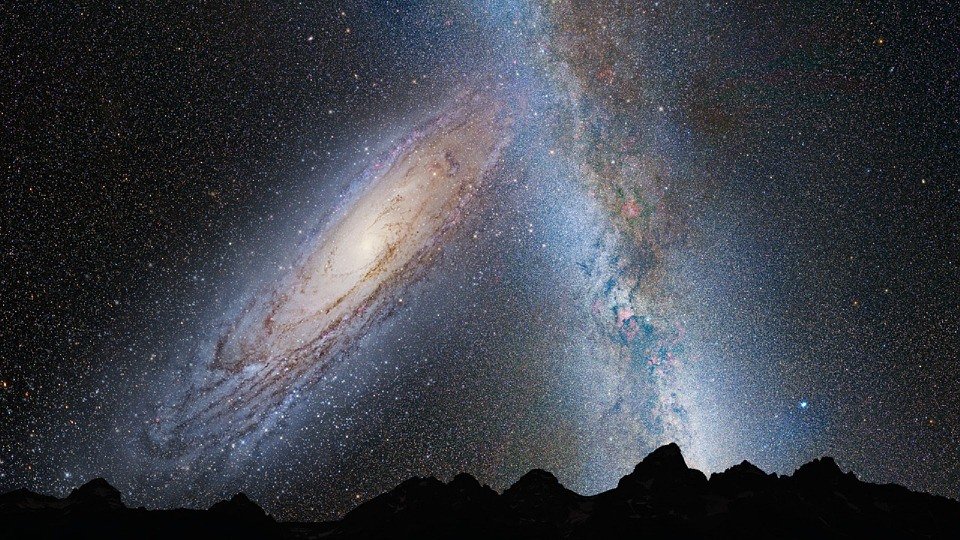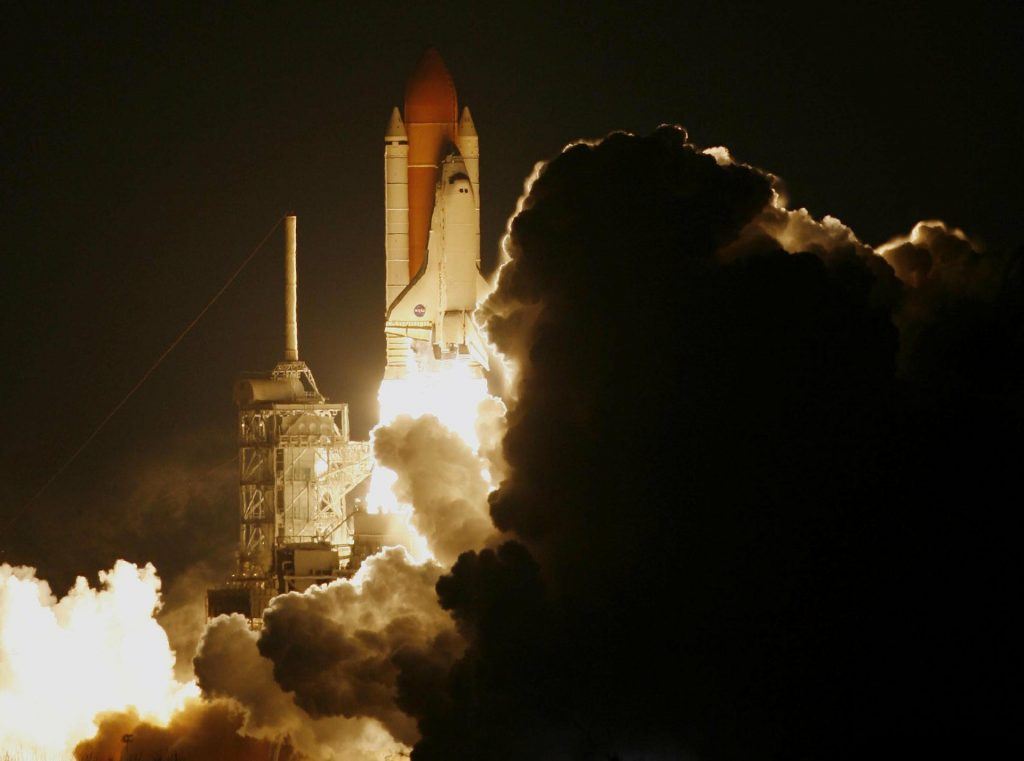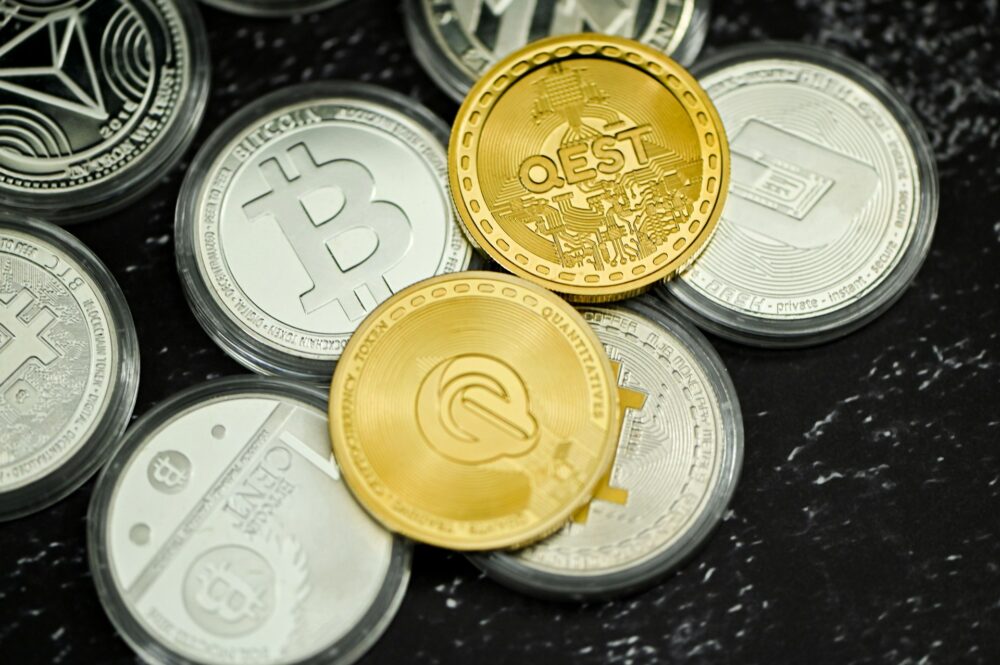Business
Sustainable space tourism and its likely pioneers
The risks are tremendous and unpredictable. If you’re the first to build a sustainable space tourism business, are the rewards worth it?

The cost-per-seat is astronomical. The risks are tremendous and unpredictable. Yet the rewards of being the first to build a sustainable space tourism business are similarly immeasurable.
In his interview with Express, British astronaut Tim Peake enthused that the space experience is almost beyond words. He had clocked four space shuttle trips with NASA in the 1990s and said it was worth repeating. Peake related how seeing the planet from above moved him. It gave him a greater appreciation of the life he had back on Earth. In his estimate, it will be this generation of millennials who will set foot on Mars.
Indeed, once technologies can fully eliminate the health and safety risks of space travel, entire industries can emerge.

In the far future, space colonization could be real. Properties on the moon and other planets would be measured, assessed, bought, and sold. (Source)
Who knows? Space travellers would be trading business information. Business news apps like Born2Invest, Bloomberg, and CNN will be shown on holographic screens instead of smartphones.
Interplanetary travel will be one of the possible goals. Influential people who do have the money are making the necessary investments right now to make space travel within reach. Just last month, billionaire Richard Branson unveiled his Virgin Galactic’s Spaceship Two in California.
According to the Reporter, the ship would be subjected to rigorous tests to avoid an explosion. This was similar to what destroyed Branson’s first attempt in 2014. At first, he reconsidered his plans because of the accident. It cost human lives, and revenues were lost. Nevertheless, he felt that space tourism was “too important to give up.”
The 65-year-old business maverick then continued on. He expressed his hope to see paying customers board his ship to the fringes of outer space during his lifetime.
Meanwhile, The Washington Post broke the story about Amazon CEO Jeff Bezos. The internet magnate unveiled his space shuttle, financed by Blue Origin, which he funded in 2000. The idea of commercial space flight interested him. That is, customers would walk in zero gravity on board a vessel orbiting 62 miles in space.
Still, that date depends on how much Bezos is satisfied with the testing. As of last year, the New Shephard spaceship had passed a crucial test twice. This involved a successful land-to-outer-space voyage, which also proved that the vessel could do it more than once.
However, one unexpected development that is spurring the race to greater heights is the entry of the Russians. Kosmokurs is tapping into reusable rocket technology, says the Business Insider. The goal is to successfully launch their version of the space shuttle 120 miles above terra firma. The Russian trip will take a quarter of an hour. Passengers can spend the time floating inside a space station.
The engagement of the United States and Russia evokes echoes of the USA-USSR contest more than 30 years ago. For who did not want to put the first man on the moon? There is just one difference this time. During the Cold War, governments fueled the space race. In the 21st century, a greater vision drives the private sector. Add to that the entrepreneurial competitiveness to create a sustainable business in a new industry, namely, space tourism.
Bezos would not name how much a seat on his commercial space shuttle would cost. However, he does imagine a future once dreamed of only by science-fiction authors: “…millions of people will be working and living in space.”
In that future ecosystem, as in earthbound industries, there will be people who will take the trip for leisure, and others may do it for business. Consumers may be visiting a store on the red planet. Investors may be checking their stocks on space-friendly devices. Events will be successfully held while attendees watch the earth rotate from afar.

-

 Biotech1 week ago
Biotech1 week agoVertex Strengthens its Position in Nephrology and Buys Alpine Immune Sciences for $4.9 Billion
-

 Biotech21 hours ago
Biotech21 hours agoVithas and MSD Join Forces to Train and Innovate in Oncology Matters
-

 Crypto2 weeks ago
Crypto2 weeks agoA Critical Look at the Progress of IOTA in the First Quarter of 2024
-

 Business5 days ago
Business5 days agoGold & Silver Continue Looking Strong























You must be logged in to post a comment Login